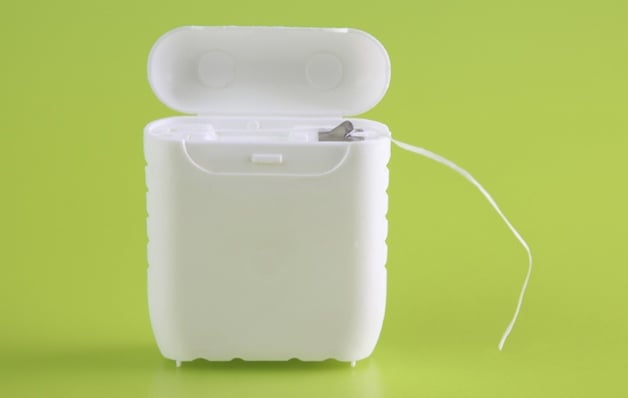
You have been taught the importance of brushing your teeth since you were a little kid. But how much do you really know about the importance of maintaining your oral health?
The following pop quiz includes five simple questions that can help you gauge your level of oral health knowledge. By the end, you should be fully refreshed and reminded just how essential proper dental care is for you. Let’s get started:
How many times each day do you need to brush your teeth?
- 1
- 2
- 5
- 10
Technically, the accepted answer is B. According to the American Dental Association (ADA), it’s recommended that everyone brush their teeth at least twice a day, preferably first thing in the morning and last thing at night.
However, interestingly, C is also an acceptable answer.
Why?
Because the main purpose of brushing is to clean harmful bacteria off your teeth before it can do damage.
"The main purpose of brushing is to clean harmful bacteria off your teeth before it can do damage."
This occurs when food particles become lodged on or beside your teeth and bacteria flock there to grow. Then, in combination with your saliva, those bacteria create acid that can affect your tooth enamel.
Especially after a sugary snack or meal, brushing your teeth is a great step to take. Be careful, though: if what you ate was particularly acidic - like citrus fruits or vinegar - hold off a little while and rinse your mouth out thoroughly before brushing. The high acid content in these foods can weaken enamel, allowing brushing to actually damage teeth.
Which is the most important reason to be concerned about oral health?
- A. Eliminating bad breath
- Total body health
- A white smile
While all three answers are valid benefits of maintaining good oral health, B is by far the most important.
Studies have linked gum diseases like gingivitis with far more serious conditions including heart disease, diabetes, and infection elsewhere in the body. Maintaining good oral health can also help prevent oral cancer, a condition that will be diagnosed over 48,000 times this year, according to the Oral Cancer Foundation.
As an added bonus, caring for your oral health can also help eliminate bad breath, reduce natural tooth decay and loss, and make for a whiter, brighter smile.
Which of these can potentially harm your oral health?
- Soda
- Candy
- Chewing tobacco
- Smoking
- All of the above
In this case, the answer is E: all of the above.
Sugar helps breed bacteria that can potentially cause tooth decay, cavities, plaque buildup, bad breath, and other problems.
Though sugar can be a threat to your oral health, tobacco can also cause major damage. Both chewing tobacco and smoking habits have been directly linked to tooth staining, gum disease, tooth loss, and oral cancer.

The term that best describes the importance of flossing is:
- Optional
- A good idea
- Vital
Although some people may think B is the right answer, it’s actually C.
While most people manage to brush their teeth regularly, flossing is notoriously under appreciated. In reality, though, flossing accomplishes the same basic purpose of brushing, but in places where the brush simply can’t reach. So, the two practices should go hand-in-hand.
Effective flossing will remove food particles and plaque buildup along the sides of teeth, in the tight spaces where toothbrush bristles can’t get at it. The fact that these spots are tough for you to reach doesn’t mean they’re tough for bacteria. In fact, the propensity for tiny food particles to get lodged in these spaces make them especially attractive to bacteria, and that’s likely where your hygienist spends the majority of their time during your semi-annual cleaning.
The ADA recommends flossing at least once a day. If you can do it every time you brush, that would be even better.
As long as you brush and floss regularly, you don’t need to see the dentist.
- True
- False
Of course, the answer is B.
Good personal oral hygiene habits like regularly brushing and flossing your teeth are very important. But, this is no reason to stay away from the dentist.
Beyond cleaning your teeth, your dentist will also spend time during each semi-annual visit inspecting the overall health of your teeth, gums, and jaw. They will be on the lookout for any signs of developing health problems, either oral or systemic (which are often present earlier in the mouth than elsewhere), and can arrange a treatment plan for you. Through x-rays, they can check the status of bone density, tooth root health, and a number of other factors that could save you from pain or costly procedures down the road.
Ultimately, the 30 minutes you spend in the dentist’s chair can be among the most valuable investments you can make in your overall health.
So, how did you perform on the quiz? Did you get every question right? Do you have some more to learn? If it’s time for your next dental cleaning and cost is your concern, find out how a discount dental card with Dental Solutions can help you save on dental, sometimes up to half the original price. Contact us to learn more about how it works.